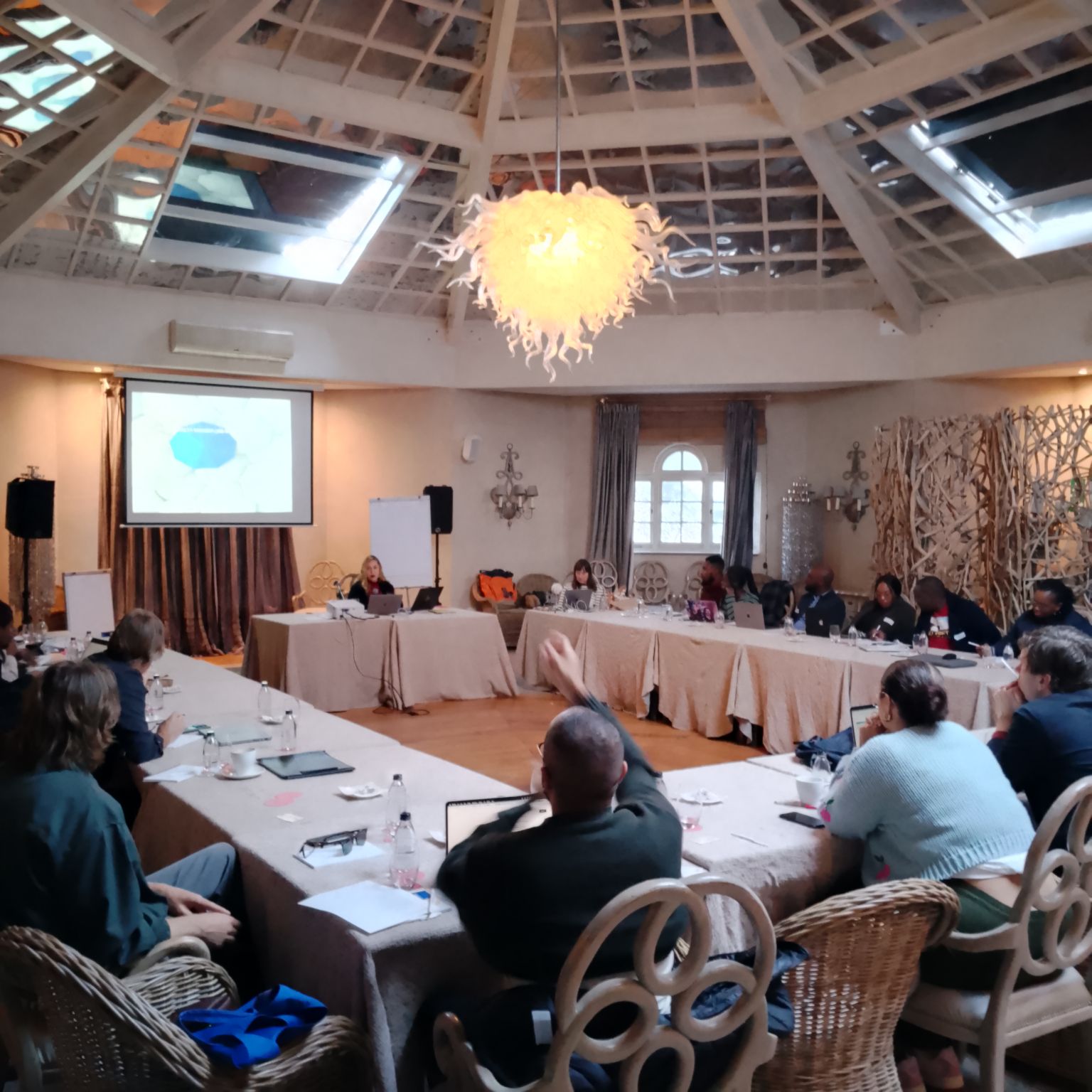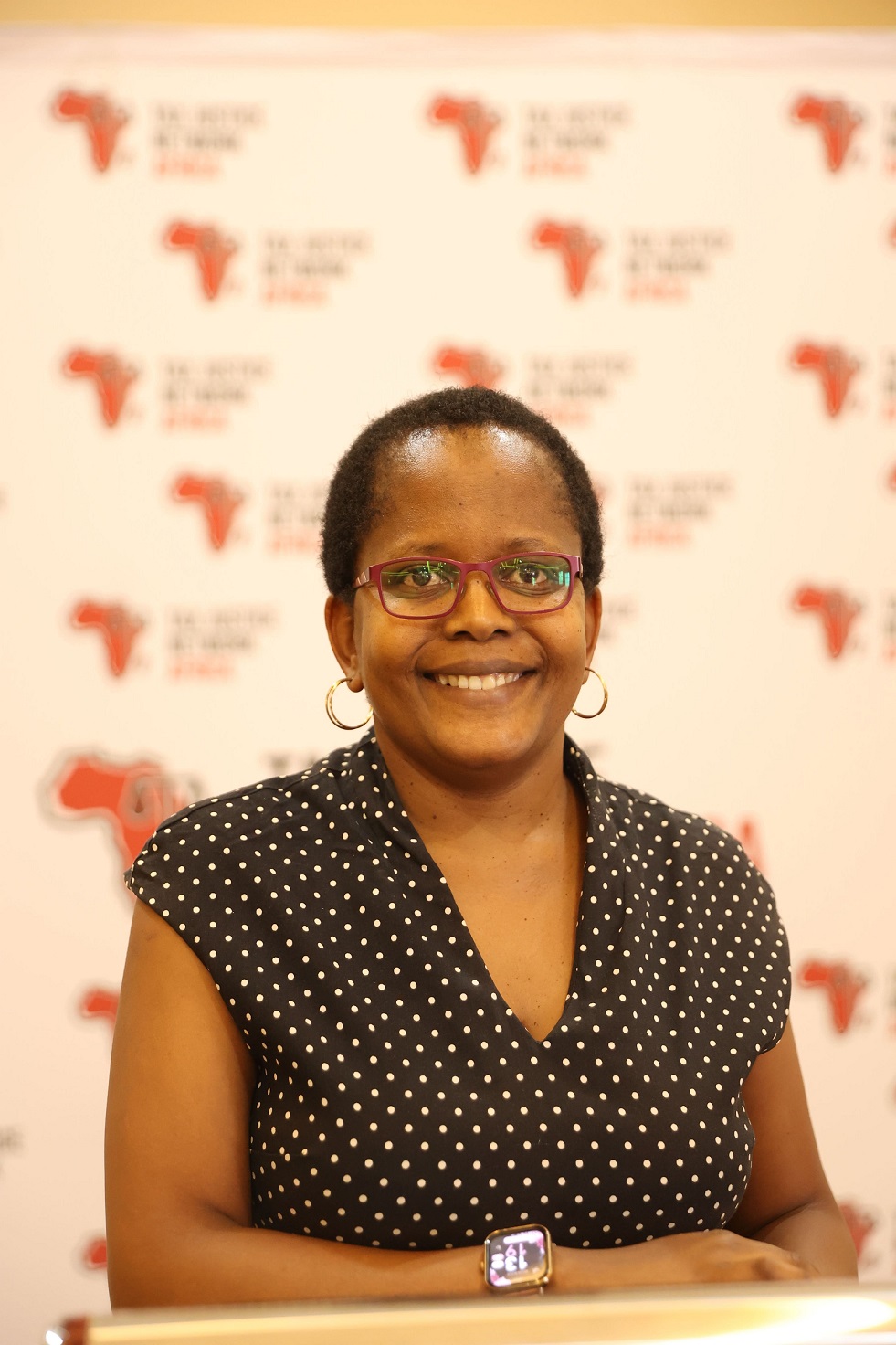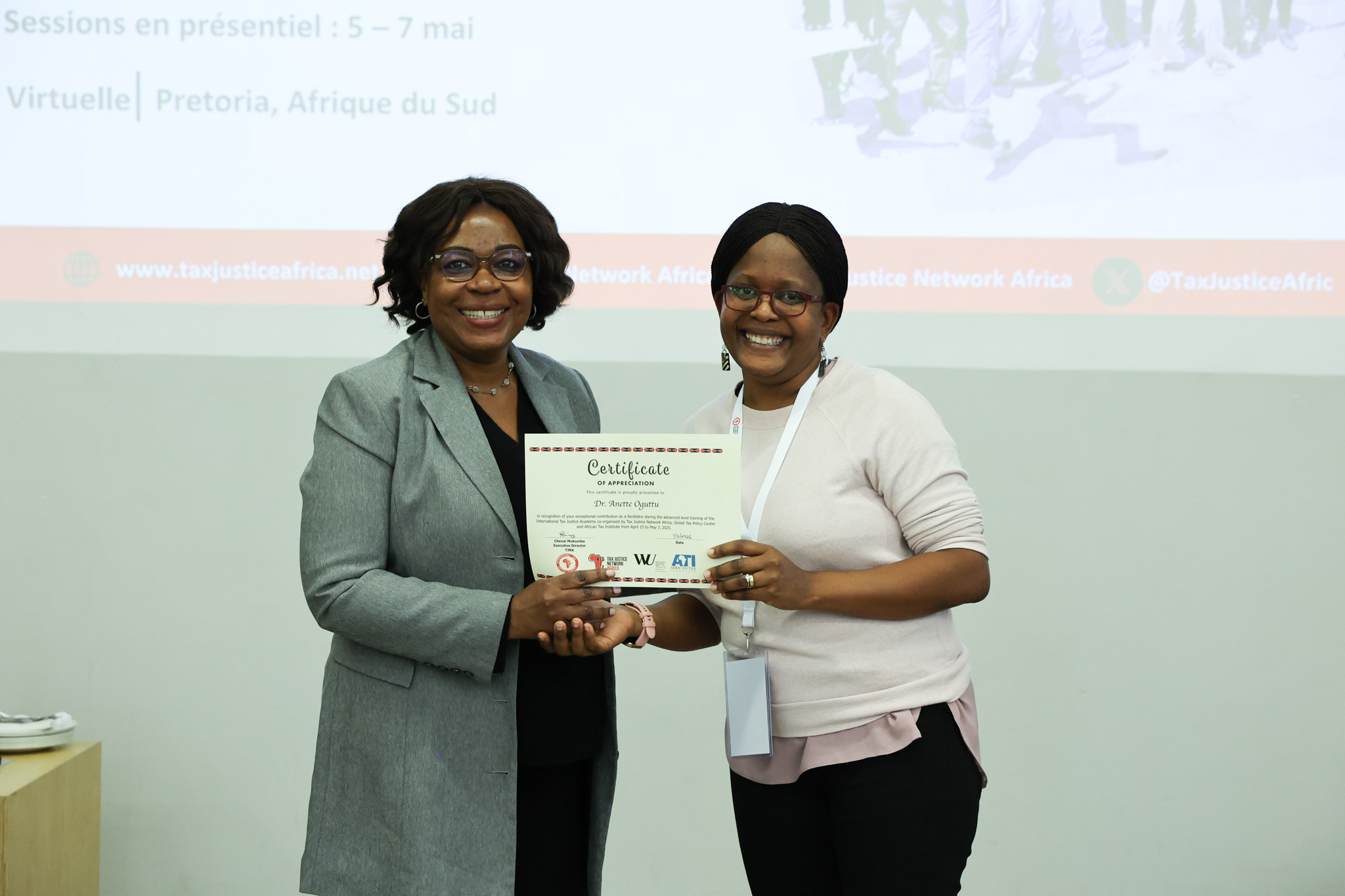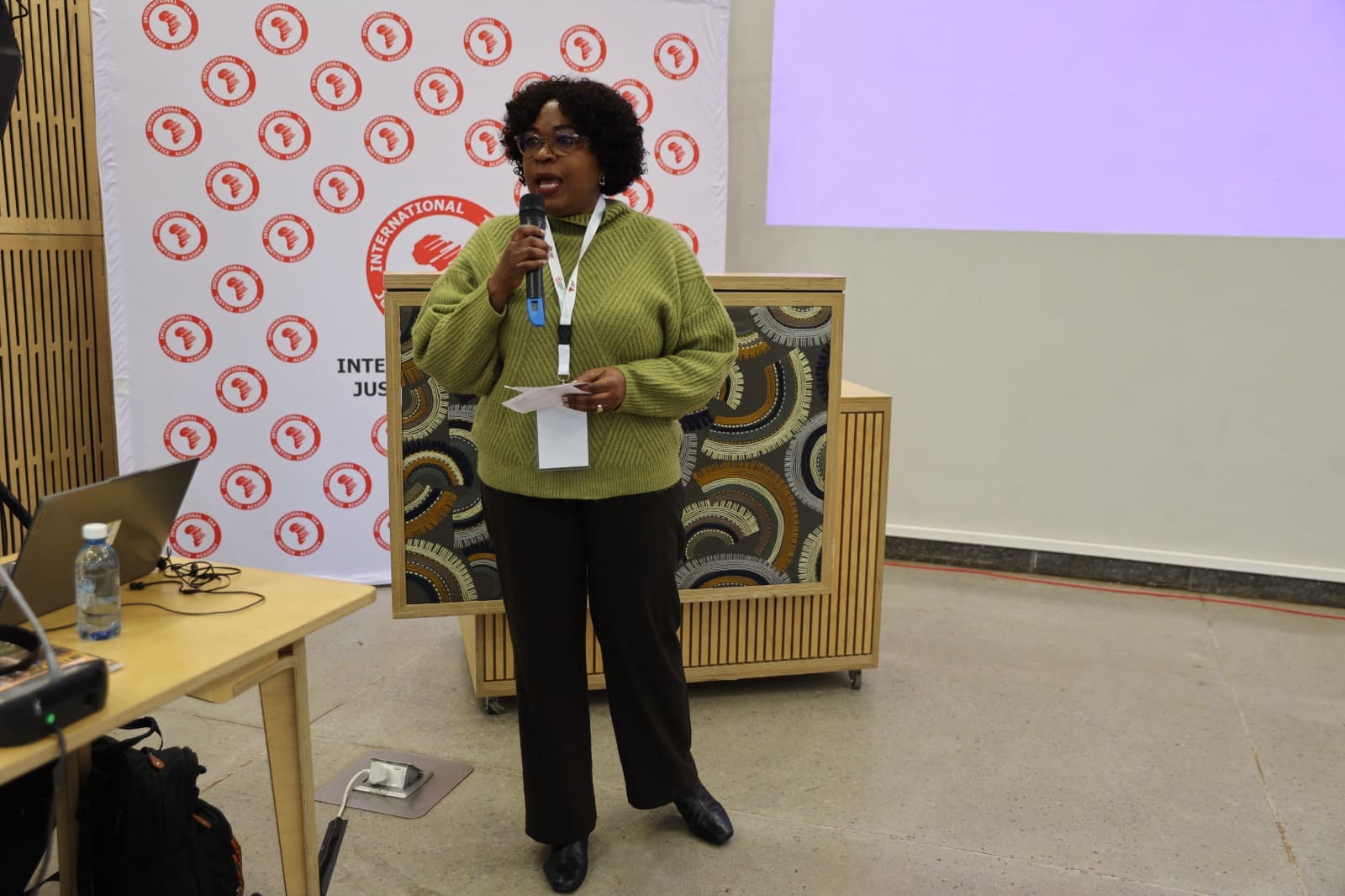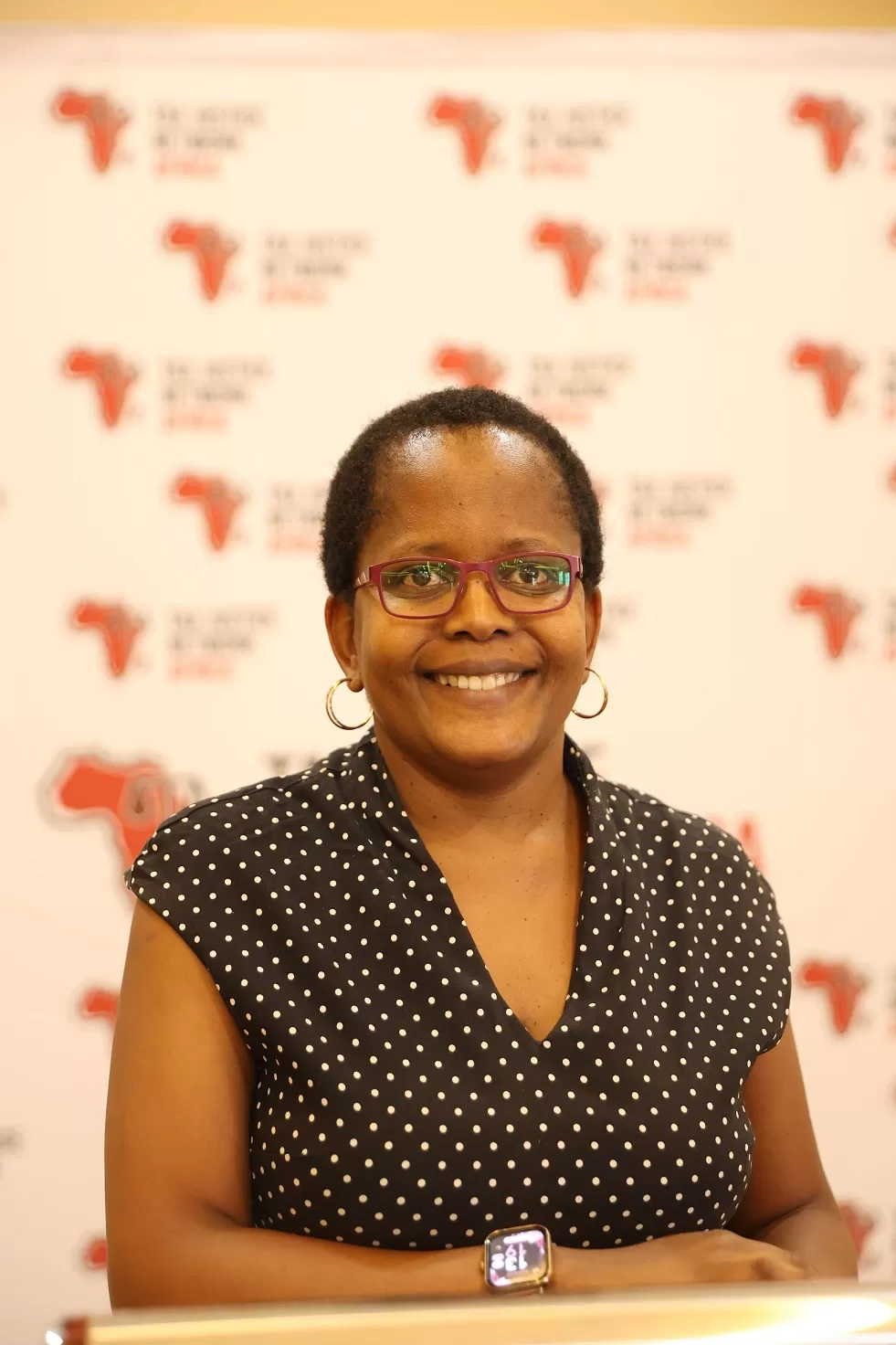
Tax Justice Network Africa (TJNA) has called on African governments, civil society, and international partners to come together in support of the UN-led global tax reforms.
This call was made by Tax Justice Network Africa during the Africa Day 2025 Commemoration Webinar co-organised by Africa Just Transition Network and Climate Action Network on 22 May 2025.
Held under the theme “Pan-Africanism and the Just Transition: Reclaiming Africa’s Energy Future and Economic Sovereignty,” the webinar stressed the importance of African collaboration in shaping global tax reforms that deliver real benefits for citizens across the continent.
In her remarks, TJNA’s Partnerships and Institutional Learning Manager, Ms. Nelly Busingye, emphasised that Africa has long been constrained by international tax rules crafted by a small group of wealthy nations rules that have contributed to the drain the continent’s resources and undermine its capacity to invest in essential public services such as education, healthcare, and infrastructure. She noted that the United Nations Framework Convention on International Tax Cooperation now presents a crucial opportunity to rewrite these rules in a way that serves Africa’s interests.
“Why does this matter? Because the current global financial system is failing Africa. Official Development Assistance (ODA) is shifting, and the era of relying on external aid is winding down. This means Africa must harness its own resources more effectively to fuel sustainable development. The UN Convention can help us do just that by giving African countries a seat at the table where international tax rules are made.
Unlike the OECD or IMF, where a few rich countries call the shots, Ms. Nelly noted that the UN General Assembly is democratic: every member state, big or small, has an equal vote.
“This shift is not just procedural; it is political. It is about reclaiming sovereignty and ending the colonial legacy embedded in international tax treaties that favour investors’ home countries over African source countries,” she added.
From the webinar, it was noted that when African nations gained independence, they inherited tax treaties skewed heavily in favour of foreign investors. These treaties privilege the taxing rights of countries where corporations are headquartered, while the African countries that actually extract the wealth are left with crumbs. This outdated, unfair system fuels illicit financial flows, massive amounts of money lost to tax avoidance and evasion that could otherwise fund vital public services and climate resilience.
The climate crisis makes this fight even more urgent. Africa contributes less than 3% of global greenhouse gas emissions but faces devastating climate impacts. Yet rich polluting countries have consistently failed to deliver on their climate finance promises, leaving Africa to pick up the pieces. The UN Tax Convention offers a democratic platform to push for tax policies that ensure polluters pay their fair share and that vulnerable countries receive the support they need.
Take the EU’s Carbon Border Adjustment Mechanism, a policy proposed without meaningful consultation with African nations that risks harming our economies. Through the UN forum, African voices can challenge such measures and advocate for fair, inclusive solutions that protect our continent.
Moreover, extractive industries mining, oil, gas are crucial for many African economies, yet tax avoidance in these sectors costs us tens of billions annually. Corporate tax abuse in extractives alone drains Africa of around $40 billion each year, nearly half of all illicit financial flows from the continent. Imagine if that money was invested back into climate adaptation, education, and healthcare.
The UN Convention Framework on International Tax Cooperation is more than just a treaty; it is a vehicle for justice. It can help rebalance the global tax system to reflect where wealth is generated, not just where corporations are headquartered. It can give African countries the tools to stop the bleed of illicit financial flows and build stronger, fairer economies that serve the people.
For Tax Justice Network Africa, this is a moment of hope. A chance to move from passive recipients of outdated rules to active architects of a global tax system that works for Africa and the world. The time is now to push for a fairer, more democratic international tax framework that puts Africa’s development and climate resilience first.
TJNA is building a new Africa where tax justice prevails. Alongside leading researchers, policymakers, campaigners, and CSOs, the organisation is mobilising a movement to comprehensively transform tax policy, challenge harmful investment practices, improve international tax transparency, and restore sovereignty of natural resources back to African countries.
For more information, please contact Everlyn Muendo at emuendo[@] taxjusticeafrica.net.


